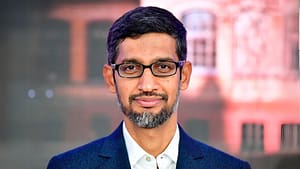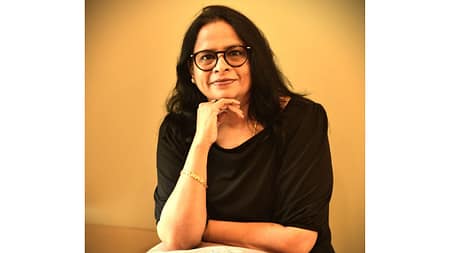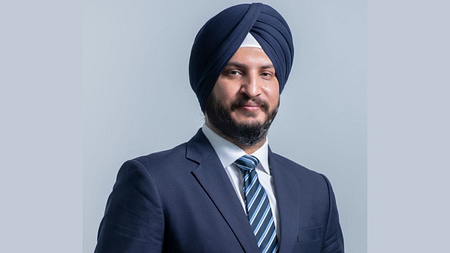Rozana is a business that caters to the rural audience, rather than the metropolitan public, by filling a gap to make their life easier. Rozana.in, a peer-to-peer rural commerce business, uses technology and data science to meet the specific local needs of 1 billion Indians who live outside the reach of internet commerce.
Ankur grew up observing rural Haryana women and their courage to labour 16-18 hours a day, and she gets enormous strength from them. Rozana is a peer-to-peer rural eCommerce firm founded by Ankur Dahiya, Adwait Vikram Singh, Mukesh Christopher and Prithvi Pal Singh in 2021. Through technology and women empowerment, Rozana is altering how India views the rural today.
Q – Can you tell us what ignited the thought to start Rozana?
Ankur Dahiya – I come from rural Haryana. Daily ordeals in rural India are much higher than what we can imagine living in Metros. Small things we take for granted living in urban metros need a lot of effort in rural India. Small things like medicine, books, and equipment to do Geometry for children in school, among several other things, are not available at the village level. The local village retailer buys products from the wholesaler in bigger villages and supplies only those products to the village that they believe are fast-moving due to limited working capital. If edible oil finishes in his store, people either used to borrow or go to the nearby town to buy oil. All this led to many inconveniences and an ample opportunity cost for 1 billion Indians living in rural areas. They are spending hours daily trying to do unproductive things.
I discussed the idea of Rozana with Adwait, who was thinking about the same issue. We started working on the concept together when Mukesh Christopher and Prithvi Singh joined the company as co-founders.
Another element of Rozana is the reverse integration of products from the village. We can map rural demand and ensure the training at the village level to make such products in the village itself. Rozana can use its consumer base to create demand and later supply the products to other villages.
Q – What is so unique about Rozana?
AD – One of India’s first rural commerce platforms. India has scores of e-commerce sites that have brought consumer revolution in urban India, focusing on metro cities. The existing platforms are concentrated in metropolitan India, while Rozana focuses on 6 lac villages of India. Over 1 billion Indians living in rural India remain severely underserved by organized retail.
Legacy brands and larger e-commerce companies find it tough to set up an efficient supply chain in remote villages or generate demand in areas. At the same time, Rozana has an unconventional approach to working in predominantly rural and semi-rural areas, which remains largely untapped.
Our platform’s unique village-by-village strategy drives product innovation, demand and supply optimization for a new era of D2C brands for over 1 billion Indians.
We believe that rural and urban commerce need different thinking, tech, business model, product portfolios and operations planning. Rozana has been designed for the rural part of India as many E-commerce companies are designed to cater to the urban population. Thus, Rozana is best equipped to cater to rural demand.
Q – Have you faced any challenges after starting this online platform?
AD – Rozana, in our opinion, faces the biggest challenge of creating a fresh and highly efficient supply chain to cater to the end consumer profitably. The trust and confidence of the consumers come through a cycle. We are working on three important processes:
– Create a rural product portfolio
– Onboard Consumers who never used e-commerce before
– Build an efficient supply chain
– Ensure online payment
– Work on a new generation of D2C products for rural consumers
Q – How did you gather the women entrepreneurs for Rozana? Do you have a specific quality check for the same?
AD – We have vast experience working in rural India. We were sure that for the model to succeed, we needed active participation from women. Anyone with experience in rural India will know that women have proven to be better entrepreneurs and can quickly get access to other women in villages.
Quality checks regarding women are a detailed internal SOP. Still, if I speak broadly, we look at the potential of women—their entrepreneurial zeal and whether they have some experience in running some form of economic activity.
Q – What, according to you, is the future of this industry in India?
AD – More than 70% of Indians live in rural areas. It amounts to 1 billion or 10% of the world’s population. Almost half of India’s 3 trillion dollar economy is from rural India with no organized retail player (offline or online).
In India, the eCommerce sector has grown significantly in recent years, spawning intriguing variations such as D2C (direct-to-consumer) and social commerce. Consumers’ desire to purchase everything online — from food to groceries, clothing to electronics — has undoubtedly emerged as a key development driver in this industry.









